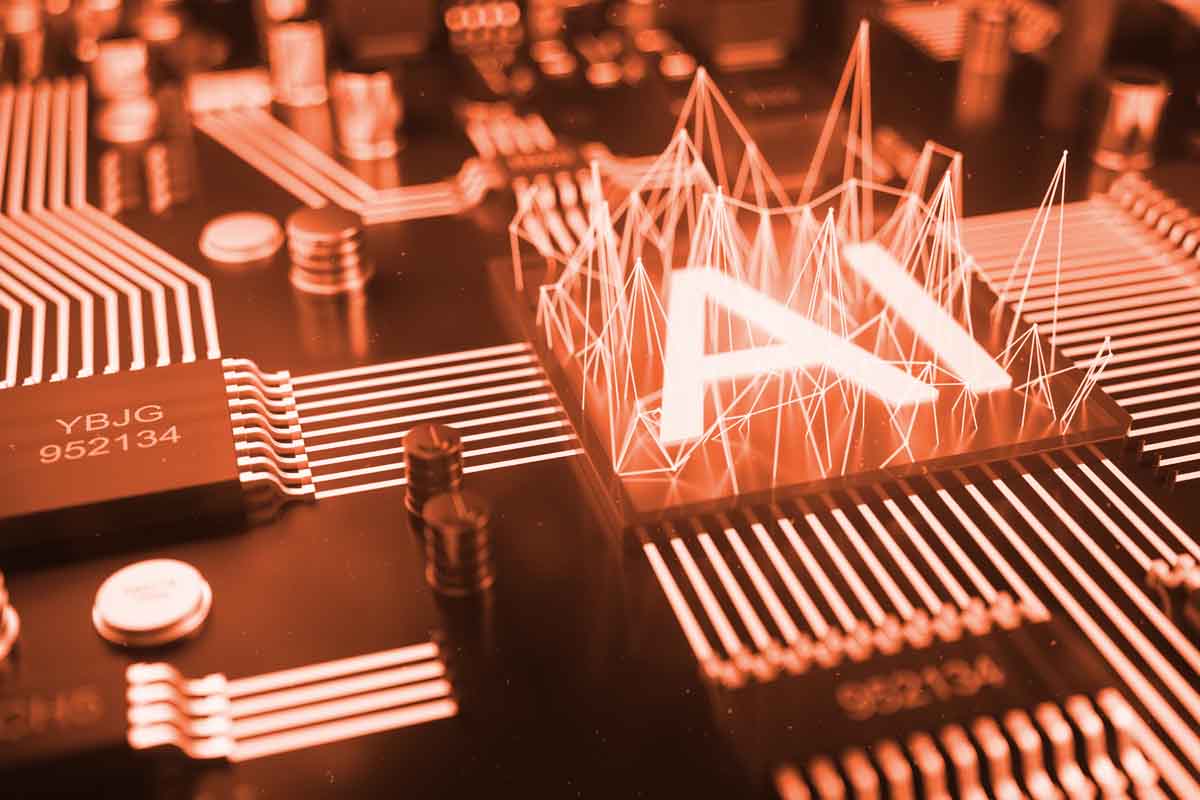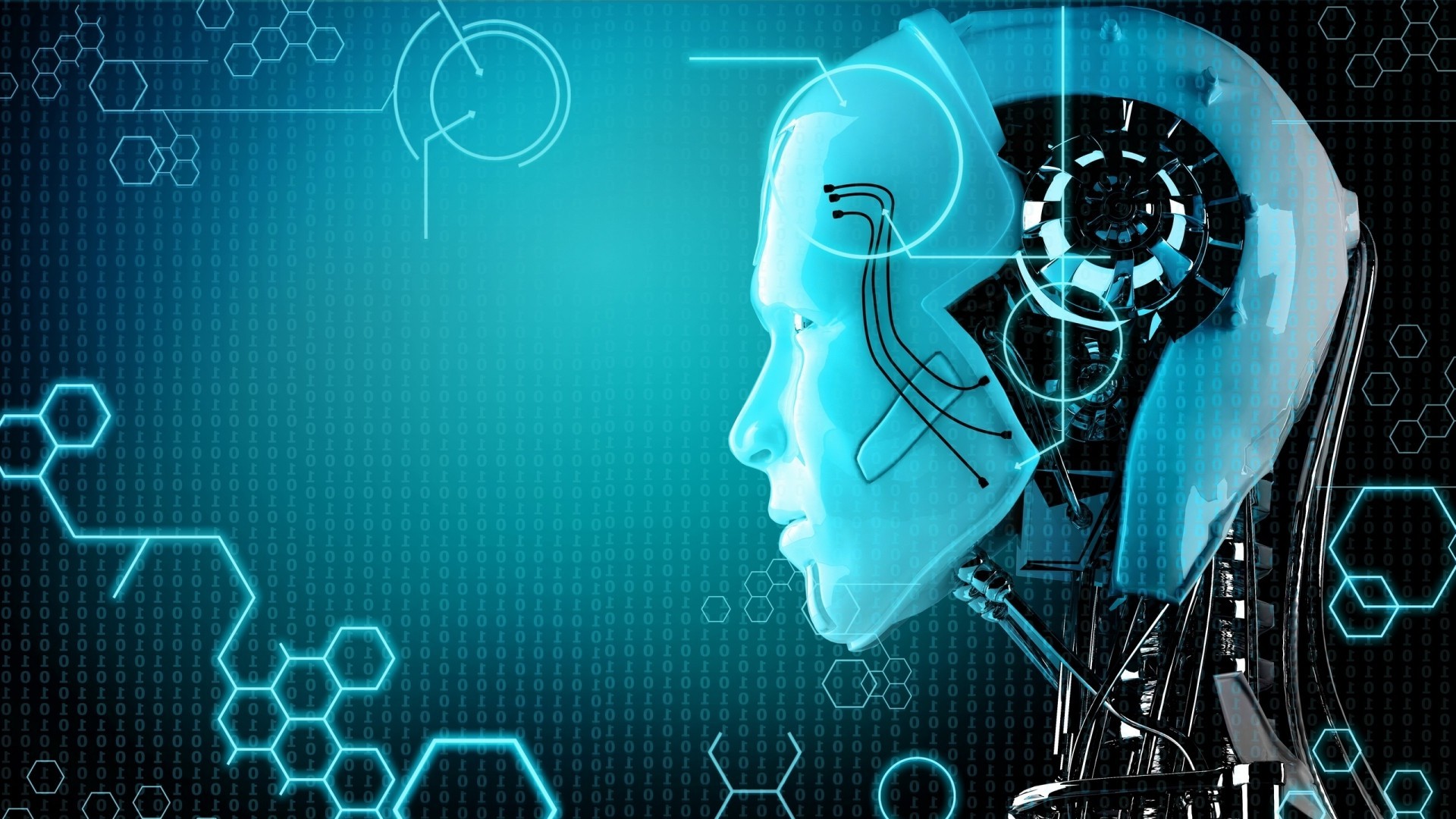When Artificial Intelligence Fails: A Detailed Analysis
In recent years, artificial intelligence has been hailed as a kind of technological panacea for a wide range of problems, from healthcare to cybersecurity. However, as AI systems evolve, they also become more likely to make errors. This article will focus on how and why AI can fail, examining case studies and comparisons to human capacity for reasoning and intuition.
Dialogue Errors: The Flaws in Conversations with AI
A clear example of the inaccuracy of AI occurred when Natasha Singer, a journalist from the New York Times, asked ChatGPT, one of the most advanced conversation models, to help her write an essay for admission to the universities of Harvard, Yale and Princeton. The model made a serious mistake by suggesting an inappropriate song as the soundtrack to the journalist's life. This raises the question of AI's ability to understand cultural context and social norms, key factors in generating appropriate responses.
The False Promise of Technological Progress
Contrary to what you might expect, some recent studies have shown that the efficiency of models like ChatGPT is actually decreasing. Research conducted by prestigious universities such as Stanford and Berkeley found that the accuracy of the answers provided by these models has dramatically decreased over time. Interestingly, newer versions of the model seem to perform worse than older ones. This phenomenon suggests that software updates, designed to improve the model's efficiency, may actually have compromised its functionality.
Artificial Intelligence and Uncertainty: A Comparison with the Human Mind
The fallibility of AI is not just limited to coding errors or incorrect understandings of context. At a recent symposium, experts such as Veronica Barassi and Greg Gigerenzer discussed AI's ability to handle uncertain situations. Gigerenzer, in particular, examined heuristics, a mode of adaptive reasoning used by humans to make decisions under uncertainty. According to him, while artificial intelligence could be effective in deterministic scenarios such as chess, it fails to handle uncertain situations, which require a more adaptive and flexible type of reasoning.
Intuition: Humanity's Secret Weapon
In addition to heuristics, another aspect that distinguishes the human mind from AI is intuition. Gigerenzer argues that intuition is a product of human evolution, allowing individuals to make quick decisions based on feelings rather than detailed analysis. This ability seems to be almost absent in artificial intelligence, which depends on algorithms and data for its operation.
Heterogeneous Errors: Discrimination and Cultural Fallibility
Veronica Barassi further highlighted the vulnerability of AI in her project “The Human Error of Artificial Intelligence”. It highlights how AI systems are often used in legal and surveillance applications, thus exposing the risks of profiling and discrimination. One notable case was the mistaken arrest of a man in Detroit due to an error in a facial recognition system.
The Need for a Public Debate and Future Reflections
In conclusion, error in artificial intelligence is a complex problem that goes beyond simple technical imperfections. It requires a public debate involving experts, institutions and civil society. In an era where artificial intelligence is increasingly prevalent in every aspect of our lives, it is essential to take pause and reflect on the limitations and ethical implications of the systems we are implementing.









